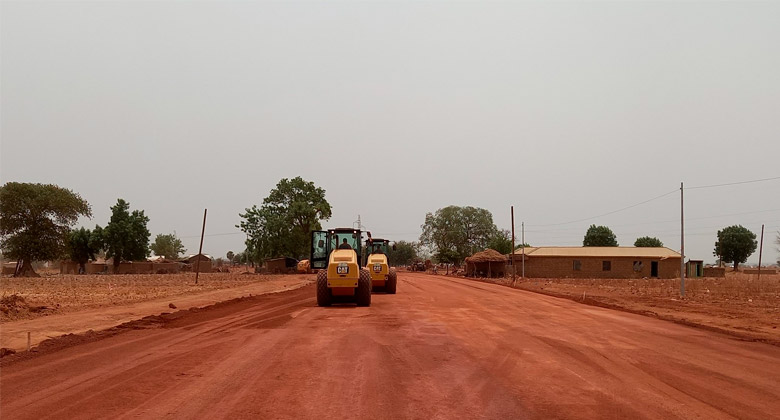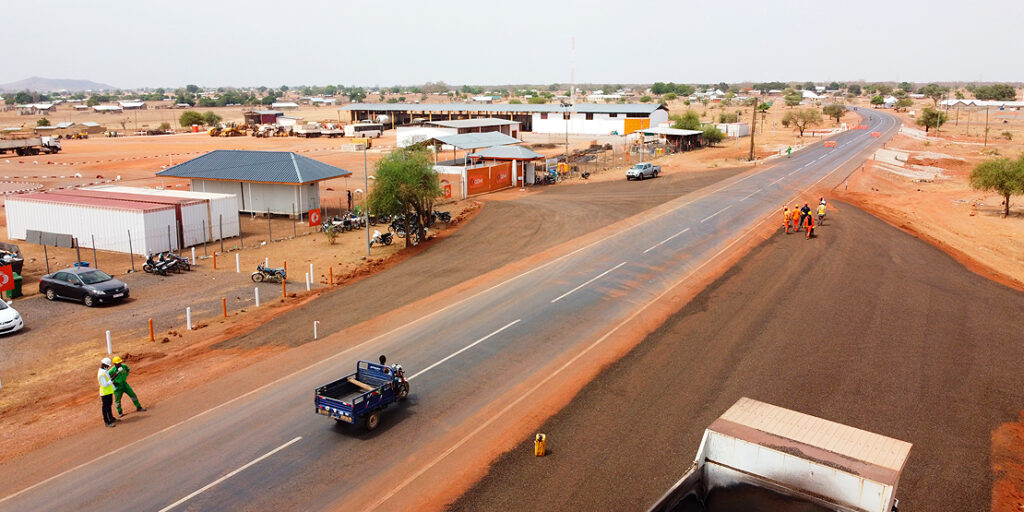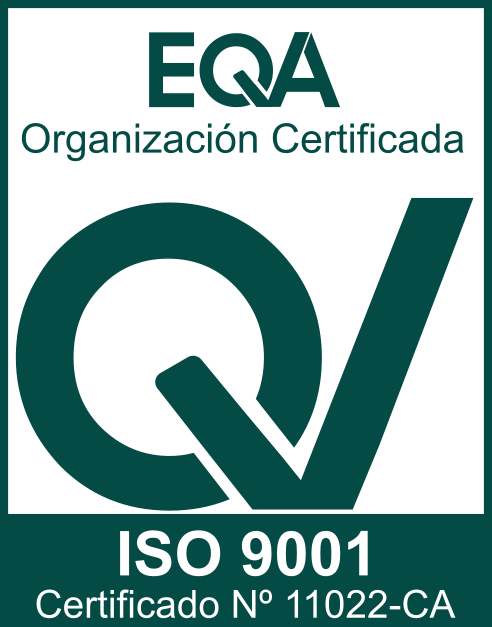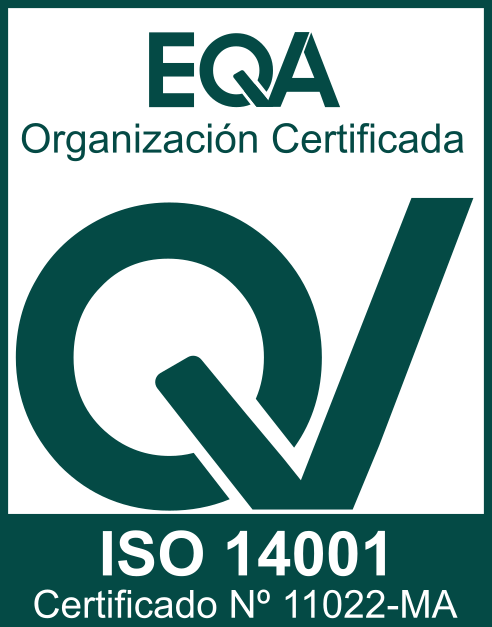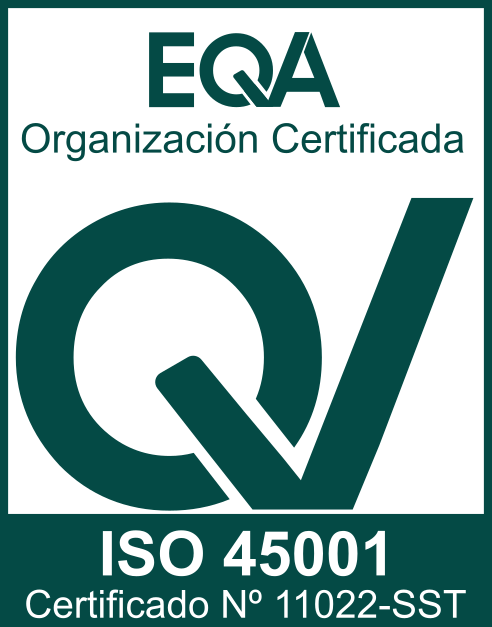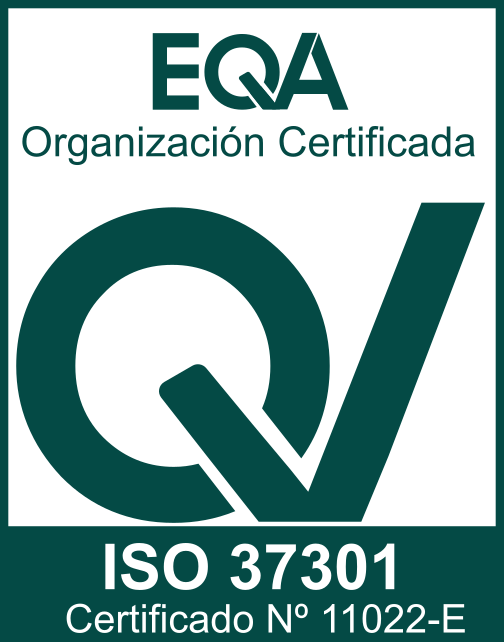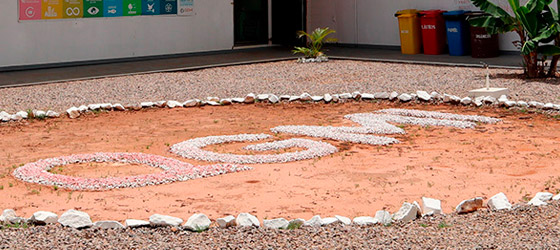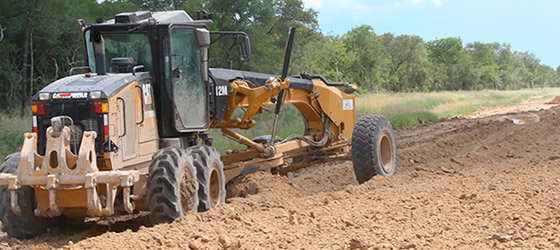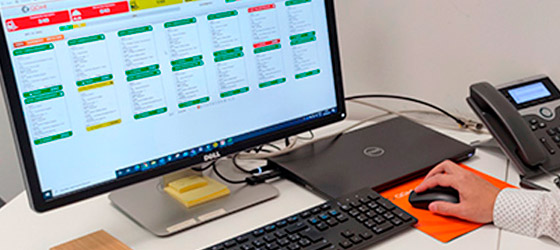The Project is the upgrade of the Bolgatanga-Bawku-Pulmakom Road in the northern corridor of Ghana. The rehabilitation of the road is designed to help increase road safety, trade and stimulate economic and social development, and to further integrate the Upper East and the Northern regions of Ghana, as well as to potentially benefit the neighbouring countries.
The road is approximately 109km long, stretching from Bolgatanga through Bawku to Pulmakom. The Project will include:
- Rehabilitation of existing road;
- Construction of an additional bypass at Bawku;
- Construction of three new bridges parallel to the existing bridges nearby the towns of Bolgatanga, Tilli and Zebilla.
The Project is contained within an existing Right-of-Way, with limited requirement for new land acquisition.
Documents to download
For any query, please contact:
QGMI’s Sustainability Department
Telephone: +34 914531600 (during CET working hours)
Email: bolgatanga.road@qgmic.com
